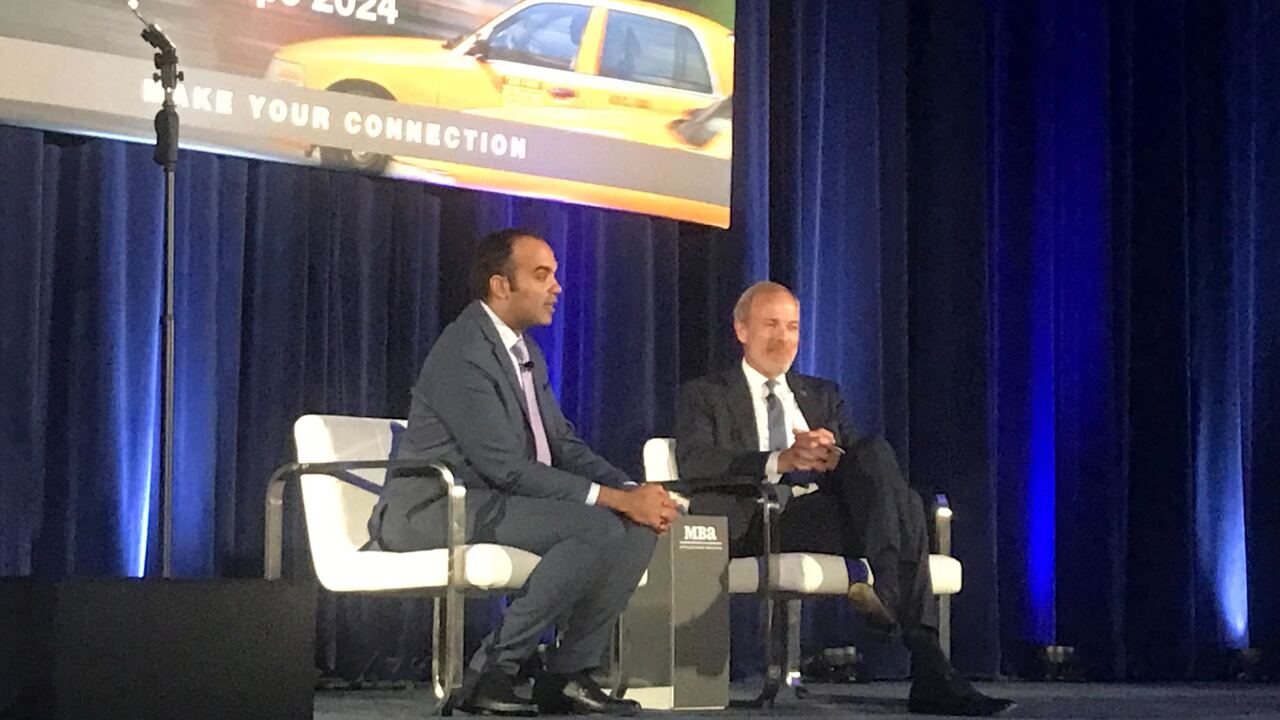To the Editor:
In Kathy Kraninger's op-ed "
First, Kraninger starts off by citing a CFPB report on credit card interest rates, then pivots to criticizing the CPFB's rule on credit card late fees. She fails to make clear that these are two different subjects. In fact, the February 2024 report could not have been relied upon to set the late fee safe harbor at $8, given that CFPB issued its
Second, Kraninger does mention later in her op-ed the actual data that the CFPB used to justify the late fee rule — the Fed's Y-14 data — but criticizes the CFPB for relying on it instead of cost data from the credit card issuers themselves. The flaw in this argument is that the CFPB did ask card issuers to supply their own data about their costs — and the issuers failed to do so. As the CFPB noted in the proposal's
At an industry conference, Consumer Financial Protection Bureau Director Rohit Chopra said he was open to suggestions on how to increase choice and competition to benefit mortgage lenders and borrowers.
Indeed, even with the CFPB's safe harbor of $8, card issuers are permitted to charge more if they can show that collecting late payments costs them more than $8 — again, if they show their math. The fact that they refuse to do so can only suggest that their math does not justify late fees over $8.
Finally, it's ironic that Kraninger attacks the CFPB for manipulating data when, in April 2020, Trump appointees at the bureau under her leadership were






